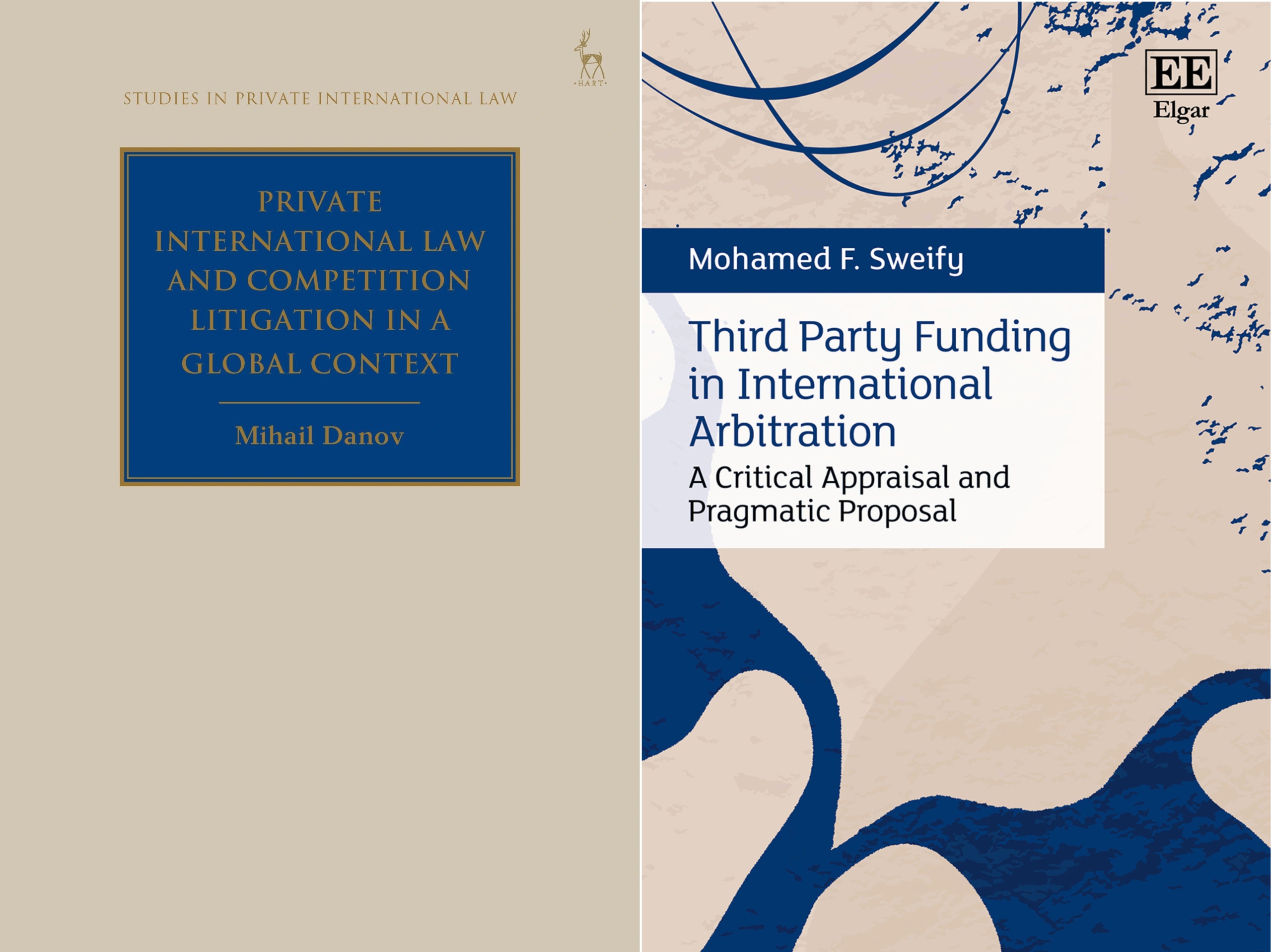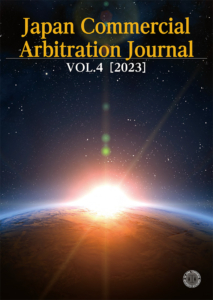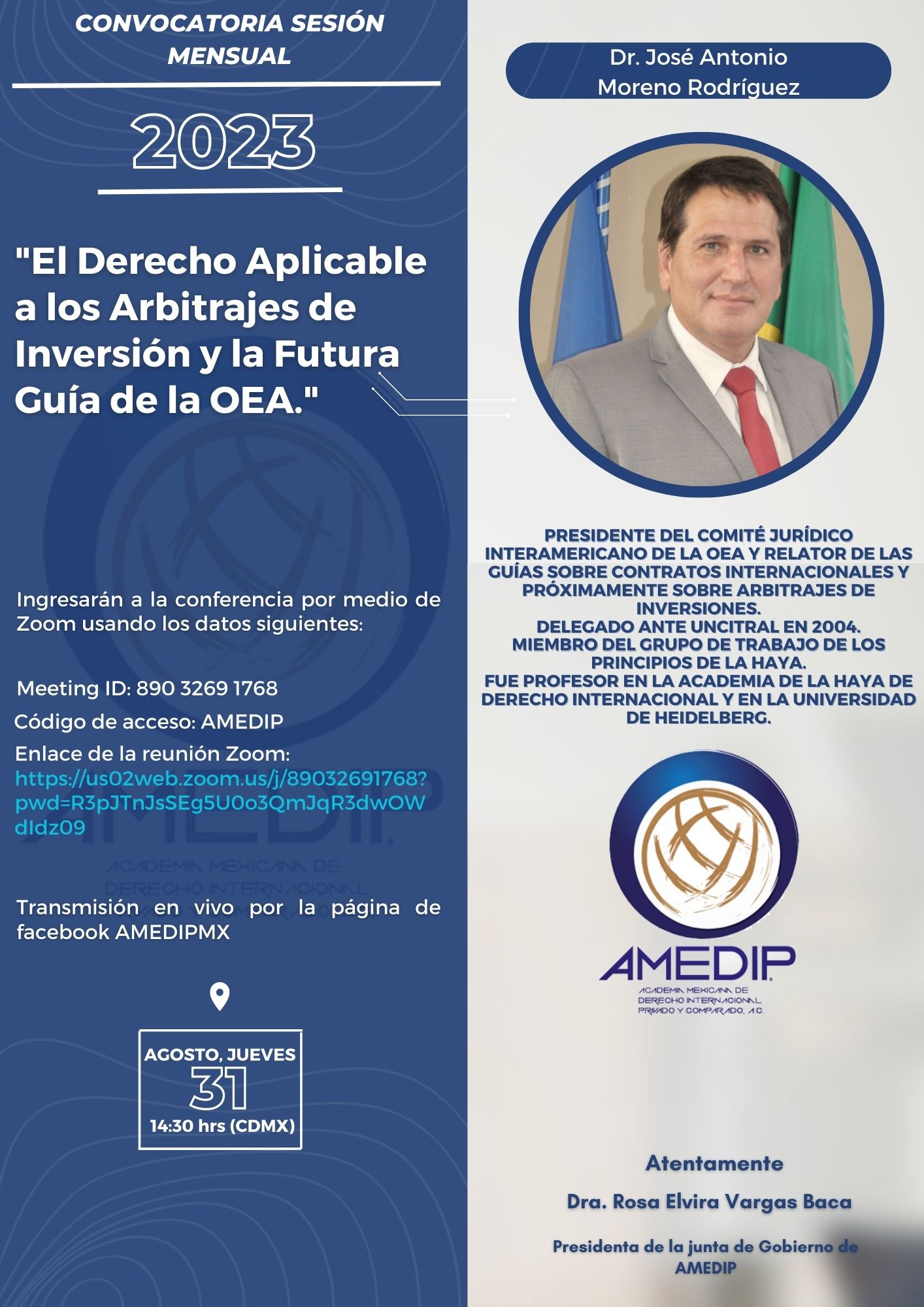Written by Harshal Morwale, Counsel, Singularity Legal
Introduction
The precise determination of the laws that will govern different aspects of international arbitration is a crucial matter, given that there could be a substantial divergence between different laws, such as the law of the seat and the substantive law of the contract on the same issue. One such issue is limitation.
The determination of the law applicable to limitation is a complex exercise. The different characterization of limitation as a procedural or substantive issue adds more to the complexity. This issue could not be simpler in India. This post is prompted by a recent decision of the Delhi High Court (“DHC”) in Extramarks Education India v Shri Ram School (“Extramarks case”), which although on domestic arbitration, makes various obiter observations on the nature of limitation and flexibility of parties to contract out of the same.
The aim of this post is to explore how would Indian substantive law of the contract impact limitation period and party autonomy, especially in the context of contracting out of limitation in a foreign-seated international arbitration. It will also look at the legality of limitation standstill agreements to defer the limitation period in the context of foreign-seated arbitration by examining prevailing legal principles together with relevant case laws and through the prism of the decision in the Extramarks case.
Classification of limitation in the context of foreign-seated arbitrations – procedural or substantive?
The limitation in India is governed by the Limitation Act, 1963 (“Limitation Act”).
The Supreme Court of India (“SC”) and the Law Commission of India have characterised the law of limitation as a procedural law. That being stated, the SC has also proposed a more nuanced approach to classifying law of limitation noting that while limitation is prima facie a procedural law construct, its substantive law characteristics cannot be wholly discounted.
This distinction was affirmed by the DHC in the NNR Global Logistics case, which concerned the enforcement of a foreign award where the seat of arbitration was Kuala Lumpur and the applicable substantive law of the contract was Indian law. Under Indian law, the limitation for the type of cause of action at stake, in this case, was three years as opposed to Malaysian law, where the limitation was six years. The respondent argued that since Indian law is the substantive law governing the contract, and given that the Limitation Act could be substantive law, Indian limitation law would apply. The DHC rejected this contention and held that the law of limitation is procedural, and the issues of limitation would be governed by procedural/curial law governing the arbitration, i.e., the lex arbitri. However, the DHC’s reasoning is suspect insofar as it makes the link between limitation law and procedural law uncritically, discounting the impact or connection of limitation with the remedy, and the substantive law implications therewith.
While the premise that since the arbitral procedure is governed by the lex arbitri and since limitation is generally a procedural law subject, the lex arbitri must govern the limitation might appear fairly straight forward, there exists a degree of tentativeness as to the characterisation of limitation in the context of international arbitration. The recent DHC decision in the Extramarks case makes some interesting observations which could have a deep impact on the mentioned premise.
In the Extramarks case, the issue at stake was the limitation period for filing an application before the High Court for the appointment of the arbitrator, for a purported India-seated domestic arbitration. The DHC held that conceptually, limitation bars a legal remedy and not a legal right, the legal policy being to ensure that legal remedies are not available endlessly but only up-to a certain point in time. The DHC further held that a party may concede a claim at any time; but cannot concede availability of a legal remedy beyond the prescribed period of limitation. In essence, according to the DHC, passing of limitation bars a remedy, which would generally mean that limitation is a procedural law subject. This distinction is in line with the traditional ‘right is substantive and remedy is procedural’ divide that exists in the common law. However, this position is not a settled one and remedy, could, arguably, be governed by the substantive law governing the contract.
Interestingly, the Singapore Court of Appeal in BBA v. BAZ, drew a distinction between procedural and substantive time bars in the context of international arbitration, noting that time bar of remedy is procedural in nature. Simultaneously, it was also observed that choice of seat does not automatically require application of the seat’s limitation period and the applicable substantive law will have to be looked at. Consequently, the principle that limitation is a procedural law issue and subject to lex arbitri cannot be relied on reflexively.
If the position of the DHC in NNR Global Logistics case is contrasted with the position in Extramarks case, acknowledging the difficulties in making substantive and procedural classification vis-à-vis limitation in international arbitration, then the choice of Indian substantive law in a foreign-seated arbitration could potentially mean that the tribunal presiding over in a foreign-seated arbitration with Indian substantive applicable law could potentially be required to engage in the limitation period analysis from the perspective of the seat as well as the Limitation Act and might be confronted with conflicting limitation periods. However, there lacks judicial clarity as to how to resolve the conflict when there is repugnancy in limitation prescribed in the lex arbitri and the Limitation Act, which would more often be the case.
Notably, Schwenzer and Manner argue that choice of substantive law should prevail over choice of seat and lex causae must govern the question of limitation of actions, notwithstanding whether it is classified as substantive or procedural. Indeed, this is the prevalent position in the civil law jurisdictions. However, this argument, if accepted, will have certain repercussions on the party autonomy, especially from an Indian perspective in the context of standstill agreements, as explored below.
Suspending/Extending Limitation in Foreign-seated Arbitrations
A standstill agreement is a contract between the potential parties to a claim to either extend or suspend the limitation period for a fixed time or until a triggering event occurs without acknowledging the liability.
The legality of such agreements is not entirely clear under Indian law. For instance, Section 28 of the Limitation Act expressly bars agreements that limit the time within which a party may enforce its rights. However, the converse, i.e., the possible extension of limitation, is not discussed in the Limitation Act. According to Section 25(3) of the Indian Contract Act, the parties can enter into an agreement to enforce a time-barred debt as long as there is a written and signed promise to pay the debt, essentially acknowledge the debt/liability. However, as noted above a standstill agreement is not an admission or acknowledgement of liability and hence Section 25(3) would not applicable. It has also been noted that the legality of standstill agreements in India is sub-judice before the Madras High Court.
From an India-seated domestic arbitration perspective, in light of DHC’s ruling in the Extramarks case, that a “party may concede a claim at any time; but cannot concede availability of a legal remedy beyond the prescribed period of limitation”, it would mean that limitation standstill agreements would not be valid.
From a foreign-seated arbitration with Indian substantive applicable law perspective, relying on the NNR Global Logistics case, it may be argued that the seat’s procedural law, including limitation law provisions, will apply and as long as limitation standstill agreements are permitted under the lex arbitri, there should not be an issue. However, given that merits of the claim would be anchored in Indian law, if limitation is viewed from a substantive law perspective, the impact of the Extramarks case ruling on the parties’ ability to enter into standstill agreements in foreign seated arbitration with Indian substantive law appears precarious.
Essentially, the legality of standstill agreements in foreign seated arbitration with Indian substantive law faces a critical impediment explored above, i.e., the divide between substantive and procedural classification. One possible view could be that since the parties have already chosen the seat of the arbitration, all procedural law issues will be governed by law of the seat, if, indeed, limitation is treated as a procedural issue. A second, contrary view may be that the legality of a standstill agreement would be tested on the touchstone of Indian law, since the choice of applicable substantive law of the contract is Indian law under which limitation cannot be conceded beyond the prescribed period by consent.
Given that the impact of Indian substantive law on the issue of limitation and standstill agreements is not entirely clear, in light of the Extramarks case, the tribunals might now be required to consider a relatively unique issue of limitation period alongside large number of other considerations in an international arbitration with Indian substantive applicable law.
Conclusion
In the process of exploring the impact of Indian substantive law of the contract on parties’ freedom to contract out of limitation in a foreign-seated international arbitration, the tensions between procedural law and substantive law in foreign-seated arbitrations vis-à-vis limitation become apparent. The tensions are further compounded by the ruling in the Extramarks case that limitation bars remedy and that the parties cannot contract out of limitation. The exact impact of the Extramarks case on the parties to an international arbitration contemplating standstill agreements remains unclear and the connected issues in this context remain to be seen.
(The opinions of the author are personal and do not represent the opinion of the organisations he is affiliated with.)




